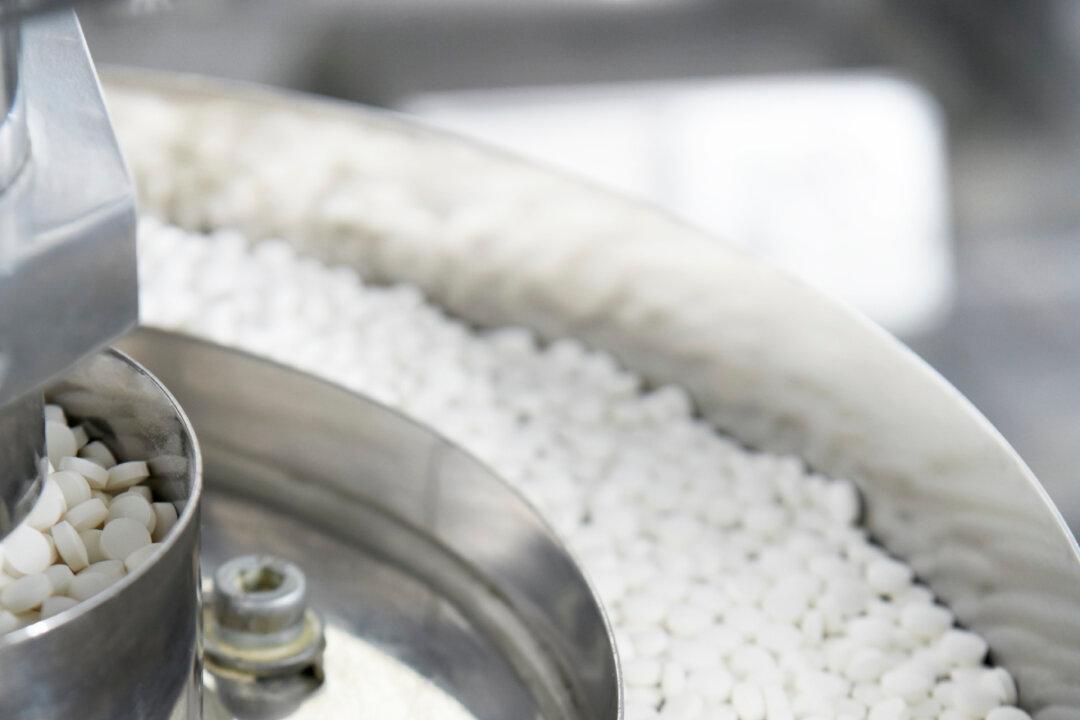Commentary
Indulge me a quick personal story. Twice now, I’ve been duped by Facebook ads into ordering American-looking products (furniture polish and a blouse) that I later discovered came from China.

Indulge me a quick personal story. Twice now, I’ve been duped by Facebook ads into ordering American-looking products (furniture polish and a blouse) that I later discovered came from China.